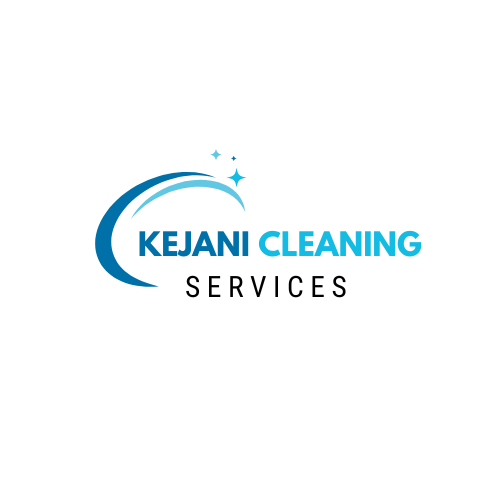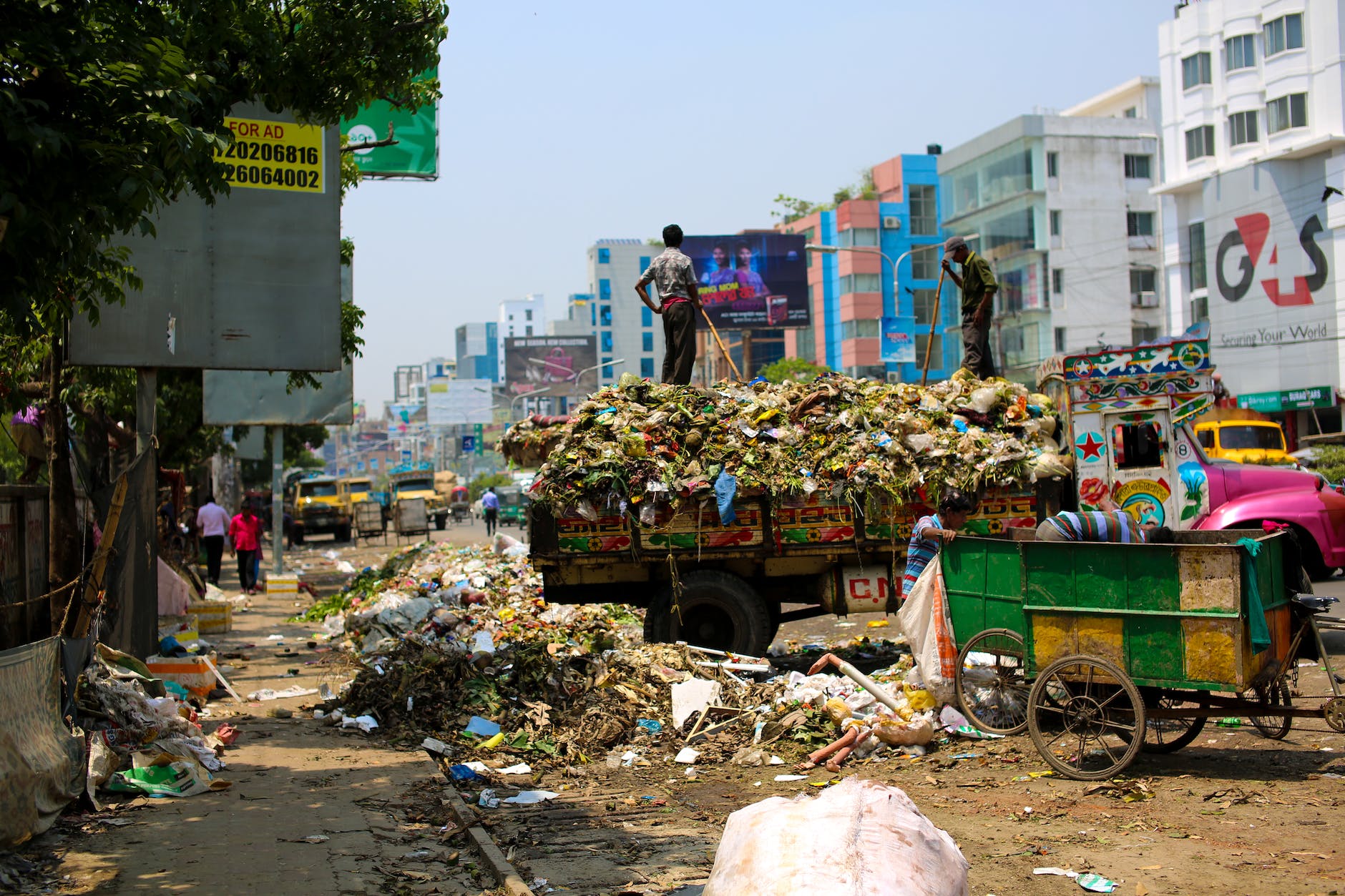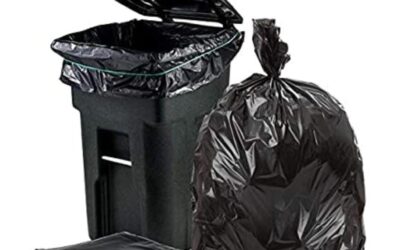Introduction
Waste management is a crucial aspect of modern society, especially in developing countries like Kenya, where waste disposal has become a significant issue. Improper waste management can lead to environmental degradation, pollution, and the spread of diseases. Proper waste segregation is a critical component of waste management, which can help to minimize the adverse effects of waste disposal. In this article, we will discuss the importance of proper waste segregation in Kenya and how it can be achieved.
What is waste segregation?
Waste segregation is the process of separating waste into different categories based on its properties. The main categories of waste are biodegradable waste, non-biodegradable waste, hazardous waste, and recyclable waste. Biodegradable waste includes organic waste like food waste, paper, and yard waste. Non-biodegradable waste includes plastics, rubber, and glass. Hazardous waste includes chemicals, batteries, and electronic waste. Recyclable waste includes materials that can be recycled like paper, glass, and plastics.
The importance of proper waste segregation
Proper waste segregation has numerous benefits, including:
- Environmental protection: Proper waste segregation reduces the amount of waste that ends up in landfills, which can lead to environmental degradation, pollution, and the spread of diseases. Segregated waste can be treated differently, with biodegradable waste being composted or used for energy production, and the recyclable waste being recycled.
- Resource conservation: Proper waste segregation can help to conserve natural resources by reducing the need for raw materials. Recycling can save energy, reduce greenhouse gas emissions, and reduce the amount of waste that ends up in landfills.
- Economic benefits: Proper waste segregation can create employment opportunities in the waste management industry. Recycling can also generate revenue through the sale of recycled materials.
How to achieve proper waste segregation
- Education and awareness: Educating the public about the benefits of proper waste segregation is critical. This can be done through public awareness campaigns, community meetings, and workshops.
- Provision of waste bins: The provision of waste bins for different categories of waste is necessary. Each bin should be clearly labeled to indicate the type of waste that should be placed in it.
- Collection and transportation: Proper collection and transportation of segregated waste is essential to ensure that the waste is taken to the appropriate disposal or treatment facilities.
- Treatment and disposal: The treatment and disposal of segregated waste should be done in a manner that is environmentally friendly and does not pose a risk to human health.
Challenges in achieving proper waste segregation
The challenges in achieving proper waste segregation include:
- Lack of awareness: Many people are not aware of the benefits of proper waste segregation and the adverse effects of improper waste disposal.
- Lack of infrastructure: Many areas lack the infrastructure required for proper waste management, such as waste collection and treatment facilities.
- Lack of enforcement: There is a lack of enforcement of waste management regulations, which allows for improper waste disposal.
Conclusion
In conclusion, proper waste segregation is a critical aspect of waste management in Kenya. It has numerous benefits, including environmental protection, resource conservation, and economic benefits. Achieving proper waste segregation requires education and awareness, provision of waste bins, collection and transportation, and treatment and disposal. However, there are challenges in achieving proper waste segregation, including a lack of awareness, lack of infrastructure, and lack of enforcement. It is important for the government, private sector, and individuals to work together to achieve proper waste segregation in Kenya.
FAQs
- What is waste segregation?
- Waste segregation is the process of separating waste into different categories based on its properties.
- Why is proper waste segregation important?
- Proper waste segregation has numerous benefits, including environmental protection, resource conservation, and economic benefits.
- How can proper waste segregation be achieved?
- Proper waste segregation can be achieved through education and awareness, provision of waste bins, collection and transportation, and treatment and disposal.
- What are the challenges in achieving proper waste segregation?
- The challenges in achieving proper waste segregation include lack of awareness, lack of infrastructure, and lack of enforcement.
- What can individuals do to help achieve proper waste segregation?
- Individuals can help achieve proper waste segregation by properly segregating their waste, reducing their waste generation, and participating in public awareness campaigns.
Related Posts
Solid Waste Management in Kenya: Challenges and Solutions
Organic Waste Management: Turning Waste into Compost in Kenya
The Role of Landfills in Waste Management in Kenya
Industrial Waste Management Solutions for Businesses in Kenya
Commercial Waste Management: Best Practices for Kenyan Businesses
Medical Waste Management: Ensuring Safe Disposal in Kenya
Residential Waste Management Tips for Kenyan Homeowners





0 Comments